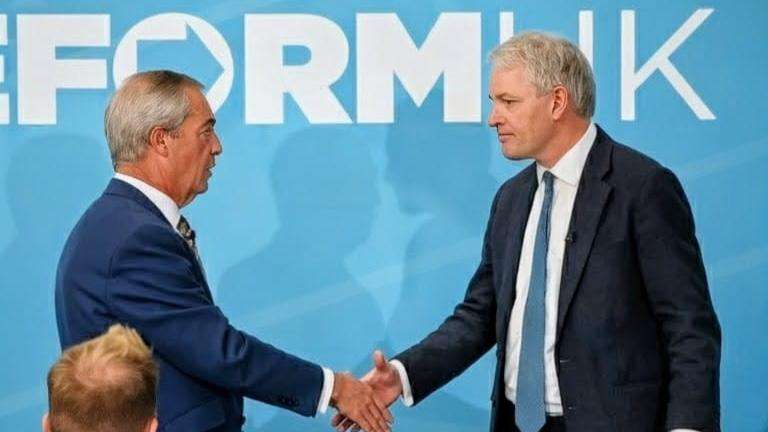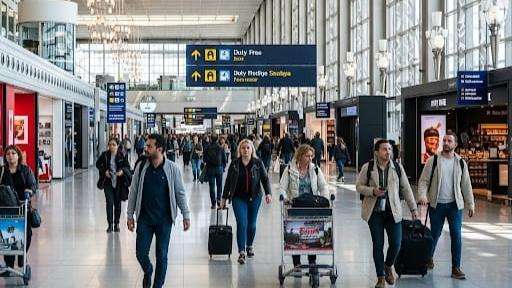The United Kingdom is implementing a significant transformation of its border control mechanisms, effectively deputising thousands of airline employees worldwide as frontline immigration officers. This ambitious initiative, championed by Foreign Secretary David Lammy, is a key component of the broader rollout of the Electronic Travel Authorisation (ETA) and eVisa systems, designed to create a "more secure, more digital and more effective" border.
Over 9,000 airline workers across major carriers like Wizz Air, Jet2, and Lufthansa, operating in 39 countries, have undergone specialised training to verify UK visa documentation at departure gates. This includes critical transit hubs for irregular migration, such as Greece, Malta, Italy, and Albania. The objective is clear: prevent individuals without the correct pre-authorised paperwork from even boarding flights to the UK.
The Digital Frontier: ETA and eVisa Systems
At the heart of this strategy are the ETA and eVisa systems. The ETA, which became mandatory for eligible non-Europeans in January 2025 and for eligible Europeans from April 2025, requires many travellers, including previously visa-exempt EU citizens, to pre-register online before their journey. The eVisa system, meanwhile, replaces physical ID documents with a digital immigration status, allowing the government real-time tracking and verification. Ministers assert that this digital shift will streamline enforcement against overstayers and simplify status checks for landlords, employers, and service providers.
British Airways has already lauded the training as beneficial, making their staff "more confident and prepared" in implementing the new system. However, the reliance on airline personnel for such critical decisions raises eyebrows among civil liberties groups.
Concerns Over Human Rights and Accountability
The primary concern voiced by campaigners is the potential for legitimate travellers, particularly asylum seekers, to be unjustly denied boarding. Outsourcing what are inherently immigration decisions to private airline staff, who may lack comprehensive training in complex immigration law or human rights considerations, introduces questions of accountability. In cases of erroneous denials, the recourse for affected individuals remains unclear, potentially jeopardising their right to seek asylum or simply travel freely.
Political Undercurrents: Labour's Stance on Immigration
This intensified immigration crackdown also reflects the Labour government's determined effort to address public anxieties surrounding immigration. Under Keir Starmer's leadership, Labour is adopting a notably harder rhetorical line on border control, seeking to "outflank" rival parties like Reform UK. Returns and enforcement appear to be central pillars of this new governmental approach. Official statistics already indicate a significant increase in enforced returns and deportations of foreign offenders since the 2024 general election.
Looking Ahead: Communication and Implementation Challenges
The UK Foreign Office is actively engaging with European governments to promote the ETA scheme, alongside a public information campaign aimed at alerting EU citizens to these new travel requirements. While the digital transformation promises enhanced border security and efficiency, the success of this ambitious undertaking will hinge on its ability to be implemented fairly, transparently, and with robust safeguards for individual rights. The balance between security and accessibility, particularly for vulnerable individuals, will undoubtedly remain a subject of intense scrutiny as the new systems become fully embedded.
_2.jpg)
_1.jpg)






.svg)
